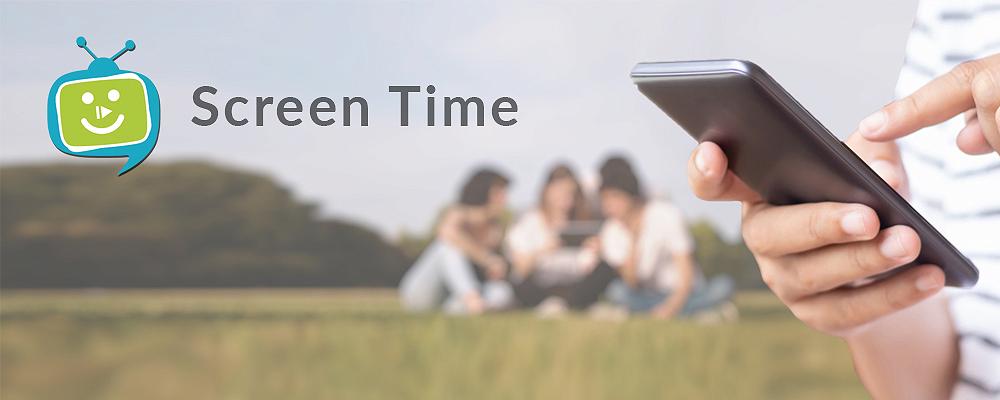
School TV: Managing Screen Time
“Parents have an important part to play in role modelling a positive approach to using screens and assisting young people to navigate the content they watch.” Dr Michael Carr-Gregg
Following on from Dave Scott’s recent newsletter on mobile phones, I am highlighting the School TV Cybersafety Series. This newsletter focuses on Managing Screen Time as this is the topic I am most frequently asked about when I am having conversations with parents about cybersafety and technology use.
Below is a summary of the key points featured across all of the Managing Screen Time videos. As with any of the School TV topics I encourage you to browse the video titles, or article topics, and watch or read those that are most relevant to you and your child.
Managing Screen time:
Role model positive and responsible screen time usage as a parent. We cannot expect our children to behave a certain way if we do not do this ourselves.
The key word is balance. Ensure that your child is getting a good amount of sleep and exercise, is eating well, has face to face socialisation opportunities, is progressing with their education and is in the outdoors regularly, alongside their technology usage.
Acknowledge that your child’s online world will be important to them and talk to them about what they are doing, as well as discussing the benefits of balanced technology use.
Some experts suggest that the online content is just as important, or more important, than the amount of screen time. Take an interest in what they are actually doing online and whether it is appropriate, safe and healthy for them to be engaging in.
Set boundaries to minimise the risks associated with excessive or prolonged technology use. These risks include learning and focus challenges, negative impacts on brain development, missing out on other opportunities, loss of privacy and possible addiction. Screens and online games are designed to be addictive and as attention grabbing as possible.
Whilst still setting boundaries and monitoring screen time, involve your child as much as possible in the decision making so that they feel a part of any solution or negotiation. This will be an important part of them earning your trust with their technology use.
To help your child get off their technology you can offer another activity, such as going outside to play or kick a ball, or you can carry out a bridging activity where you ask your child to show you what they are doing as part of finishing their screen time.
If you notice any significant changes in your child’s behaviour take action and seek help if necessary.
In addition to Managing Screen Time, there is a wide range of topics covered in the Cybersafety Series including:
Online Gaming
Online Pornography
Sexting
Internet Addiction
Digital Reputation
Cyberbullying
Whilst this list might seem like an alarming list of challenging topics, it is important for parents to be aware of all aspects of Cybersafety so that you can support your child with their technology use. Just as we do not hand over the car keys to our children and let them drive without safety lessons and skills sessions, we need to equip our children with the necessary knowledge and tools to be safe online.
Image sourced from: School TV
Jenelle Hooson
Jenelle is a fully registered member with NZAC (New Zealand Association of Counsellors).
If you wish to discuss the services the School Counsellor can provide, please talk to your child’s homeroom teacher or make contact with Jenelle directly: jenelle.hooson@medbury.school.nz